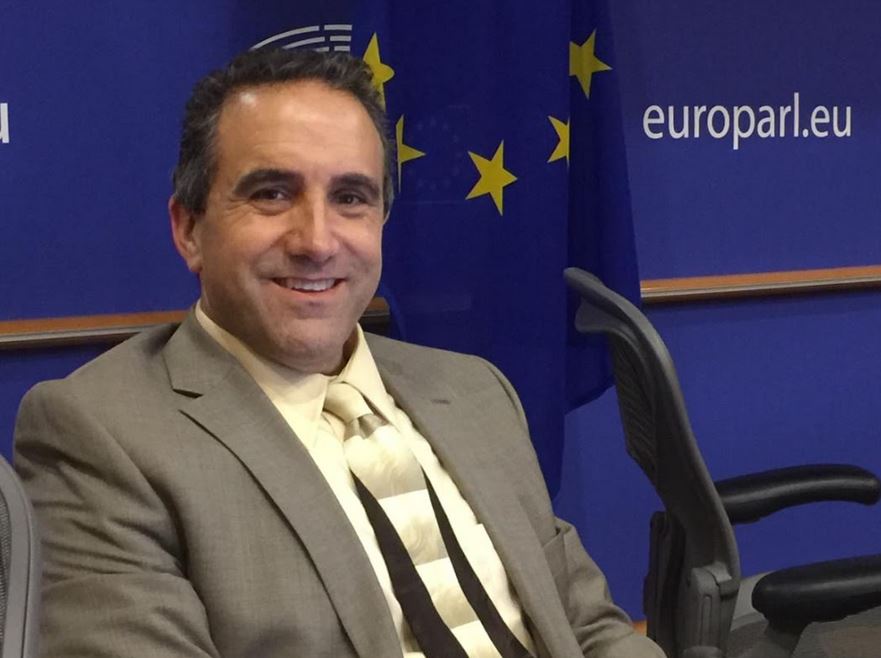A new study thinks it knows why Matthew (thankfully) didn’t live up to expectations, and it has some very welcome implications for Americans living at the end of Hurricane Alley. The AP reports:
A climatic quirk seems to be slightly shielding the U.S. coast during busy hurricane seasons, often weakening major storms just as they approach America’s beaches, a new study finds. That could help explain why it’s been more than 11 years since a major hurricane with winds of more than 110 mph has hit the United States mainland. […]
Kossin’s study published Wednesday in the journal Nature found that shifts in air and ocean conditions over decades work together to weaken major storms along the U.S. coast. This protective barrier begins around the U.S.-Mexico border in Brownsville, Texas, and gets more noticeable around the Atlantic coast, Kossin said.
Greens have been busy in recent years warning that climate change is exacerbating extreme weather events. That’s a difficult link to delineate, in part because weather—and yes, that includes storms—isn’t climate. The former changes day-to-day and week-to-week, while the latter involves much longer time scales. Researchers can identify certain changing conditions in our planet’s climate that are more conducive to extreme weather, but it’s much more difficult to point at a specific natural disaster and say “that’s climate change at work.” That’s devilishly difficult to prove, and that sort of rhetoric has been shown to be particularly divisive for the public.
Not all scientists agree that there’s a demonstrable link between an uptick in extreme weather and climate change, either. In a piece entitled My Unhappy Life as a Climate Heretic, Roger Pielke Jr. wrote last month in the WSJ, “There is scant evidence to indicate that hurricanes, floods, tornadoes or drought have become more frequent or intense in the U.S. or globally. In fact we are in an era of good fortune when it comes to extreme weather.” He goes on to detail the professional and political backlash he’s endured for publishing his conclusions on this topic.Pielke’s observations may now have a better explanation, at least when it comes to hurricanes. The New York Times sums up this latest research: “When climatic conditions favor a lot of hurricane activity, they also create a buffer zone that weakens the storms as they approach the coastal United States.” How fortunate!This latest development in climate science brings up two important points. First, it stands to reason that climate change won’t be exclusively bringing humanity a slew of new problems. This is not something with agency; it does not want to scrub the planet of us (despite what the nuttier environmentalists might tell you), and it’s going to make life in some parts of the world better. Residents of the southeastern United States are already experiencing this, having now gone 11 years without experiencing a major hurricane making landfall.


